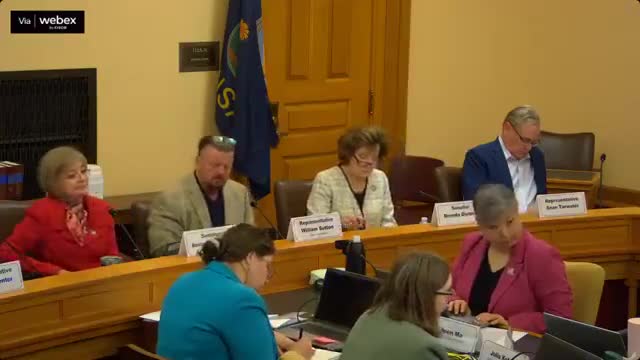Article not found
This article is no longer available. But don't worry—we've gathered other articles that discuss the same topic.

Hospitals, pharmacists and clinics say manufacturer limits on contract pharmacies are stranding rural patients

Kansas hearing lays out how 340B grew and why federal reform and transparency are back on the agenda

